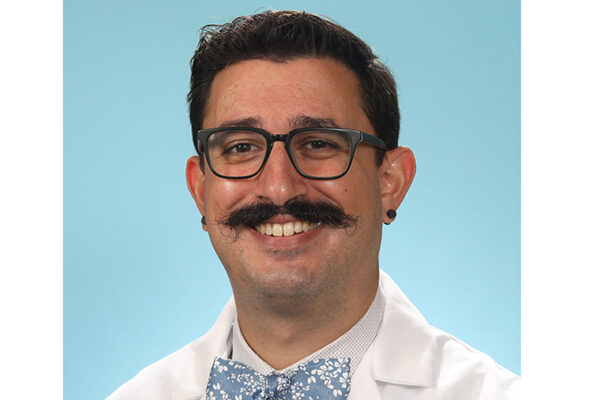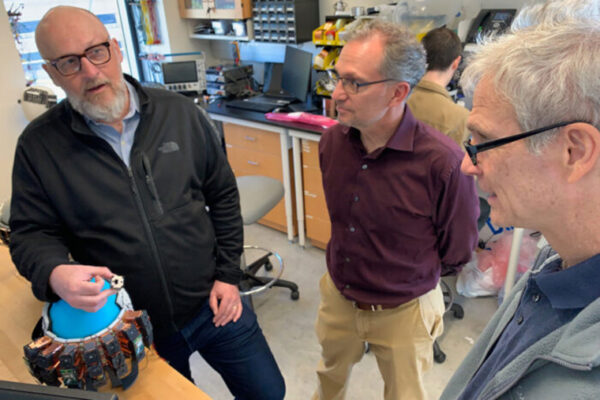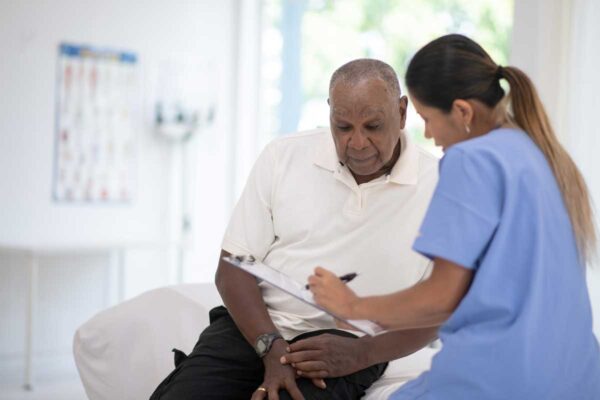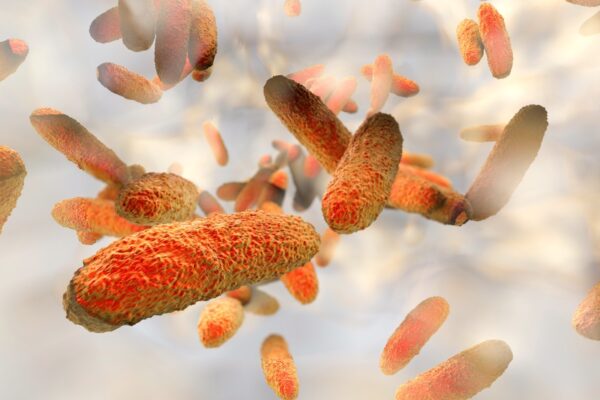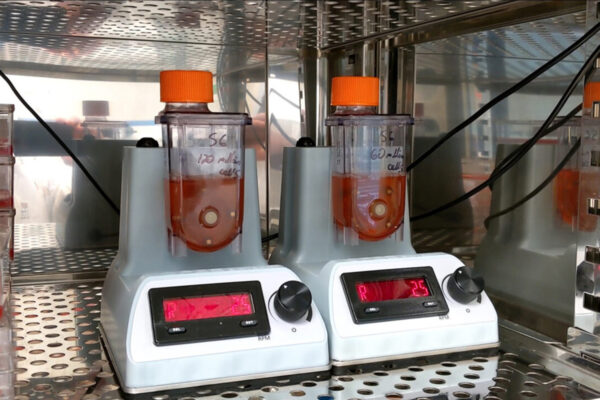Board grants faculty appointments, promotions
At the Board of Trustees meeting May 5, numerous faculty members were appointed with tenure, promoted with tenure or granted tenure.
Cherabie named ‘Let’s Stop HIV Together’ ambassador
Joseph Cherabie, MD, an assistant professor in the Division of Infectious Diseases at the School of Medicine, has been named a clinical ambassador for the national “Let’s Stop HIV Together” campaign, which is led by the Centers for Disease Control and Prevention.
Members of the remembrance committee
The Committee to Examine Remembrance and Commemoration comprises faculty, staff, students and administrators.
Wearable, light-based brain-imaging tech to be commercialized with aid of NIH grant
Wearable brain-imaging tech aims to reveal how the brain works in natural, realistic situations. Washington University researchers received a National Institutes of Health (NIH) grant to develop and commercialize a brain-imaging cap that uses LED light to gauge brain activity.
Moron-Concepcion appointed to NIH advisory board
Jose Moron-Concepcion, the Henry E. Mallinckrodt Professor of Anesthesiology at the School of Medicine, has been appointed to a four-year term on the National Advisory Dental and Craniofacial Research Council.
Siteman Cancer Center launches cancer screening initiative to address racial disparities
Siteman Cancer Center at Barnes-Jewish Hospital and the School of Medicine is launching a prostate cancer screening initiative along with an educational campaign in the St. Louis region to address racial disparities in prostate cancer.
Research in mice offers clues for vaccinating against deadly bacteria
A mouse study at Washington University School of Medicine points to data that could be key to developing an effective vaccine for the bacterium Klebsiella pneumoniae. The bug is often resistant to antibiotics, making it difficult to treat in some.
Findings may lead to improved insulin-secreting cells derived from stem cells
Diabetes researchers at the School of Medicine have learned why islet beta cells produced from stem cells may not be as good at making insulin in response to blood sugar. The findings could improve treatment for those with insulin-dependent diabetes.
05.17.23
Images from on and around the Washington University campuses.
WashU team receives NSF Engines Development Award
A team led by Washington University in St. Louis has been awarded $1 million over two years from the National Science Foundation’s Regional Innovation Engines program to help advance neuroscience technologies.
View More Stories

